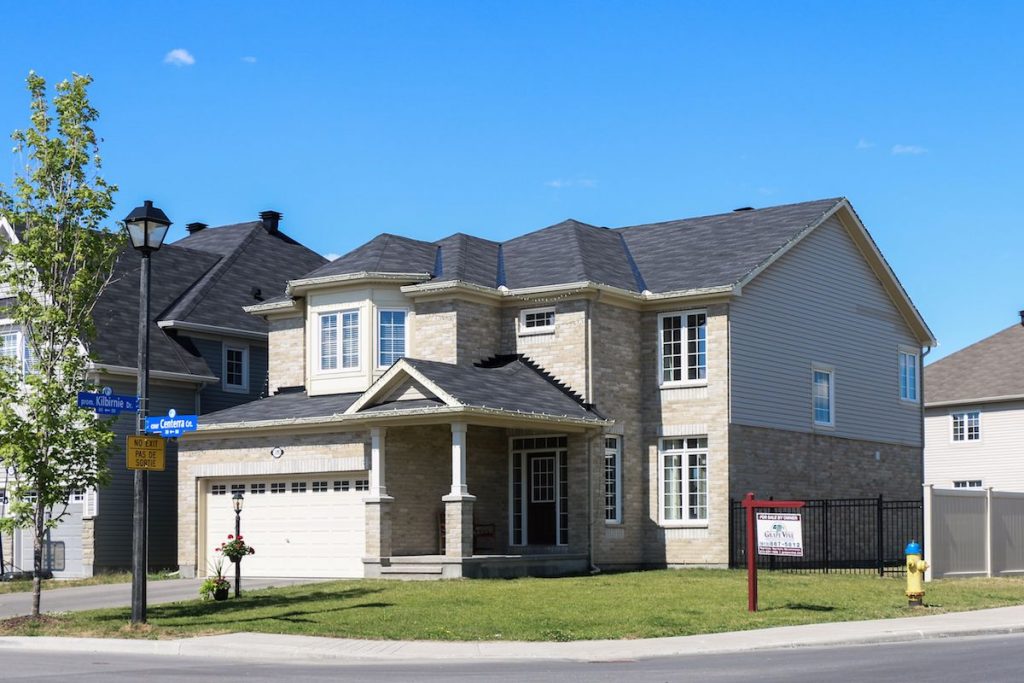Photo: James Bombales
Canadian housing affordability is deteriorating again, after a slight improvement in the final quarter of 2017.
RBC’s aggregate housing affordability measure rose by 0.4 per cent to 48.4 per cent in the first quarter of 2018, after falling 0.3 per cent in Q4 2017, its first decline in 10 quarters.
The reason for the deterioration? Higher interest rates, according to RBC senior economist Robert Hogue, who notes that a third-straight quarter rise in mortgage rates boosted home ownership costs last quarter, outpacing household income gains.
“We believe that the Bank of Canada is not done raising interest rates,” Hogue tells Livabl. “In the next year or so we expect to see the overnight rate raised by up to 100 basis points.”
The overnight rate, which affects mortgage rates, currently sits at 1.25 per cent, after a 25 basis point hike in January.
That hike has worsened affordability in Canada’s two hottest housing markets — Toronto and Vancouver. As of last quarter, the average Vancouver homeowner would have to put 87.8 per cent of their household income into home ownership costs, while the average Toronto homeowner would have to put 74.2 per cent.
“Some of Canada’s priciest markets are very sensitive to interest rate hikes, which affect ownership costs as mortgage rates also rise,” explains Hogue.
Outside of Toronto and Vancouver, affordability continues to deteriorate, but at a slower pace.
“When you look beyond those markets, across Canada most other markets are pretty much in line with historical averages when it comes to affordability,” says Hogue. “It’s still not great, but it is within the historical norms.”
As to what to expect for next quarter, Hogue doesn’t think home buyers should be getting their hopes up.
“The prospect of more interest rate hikes in the period ahead poses material risk of further affordability erosion in Canada,” he writes, in the affordability report. “The odds of this ultimately occurring will also depend on the degree to which household income increases.”
